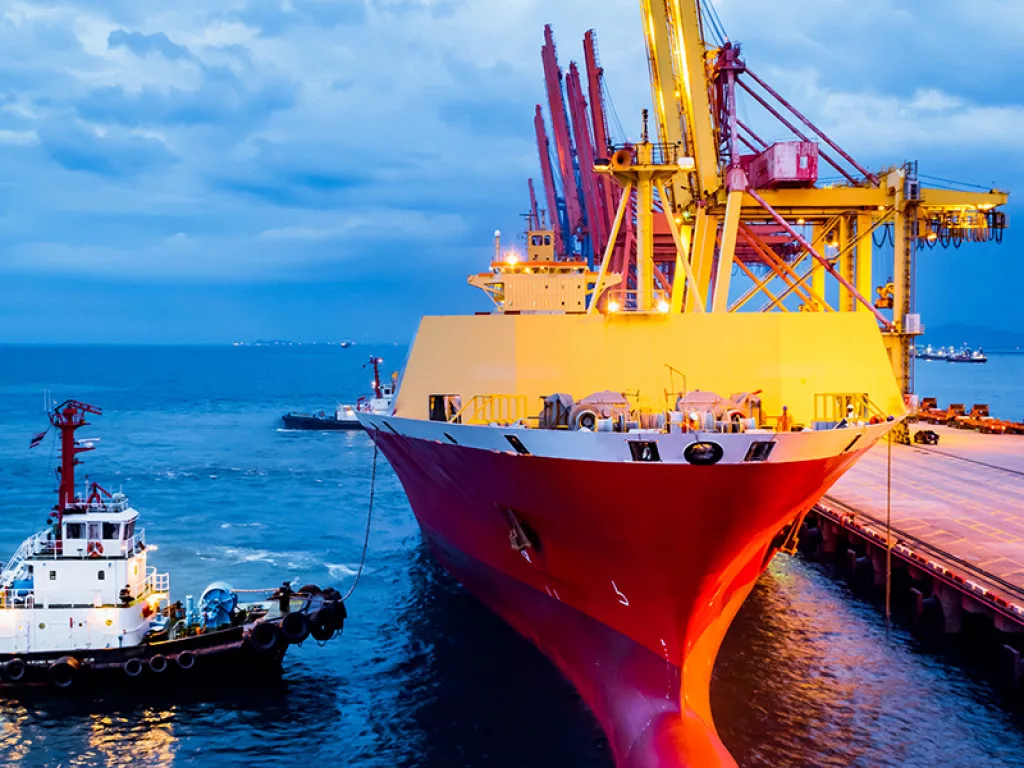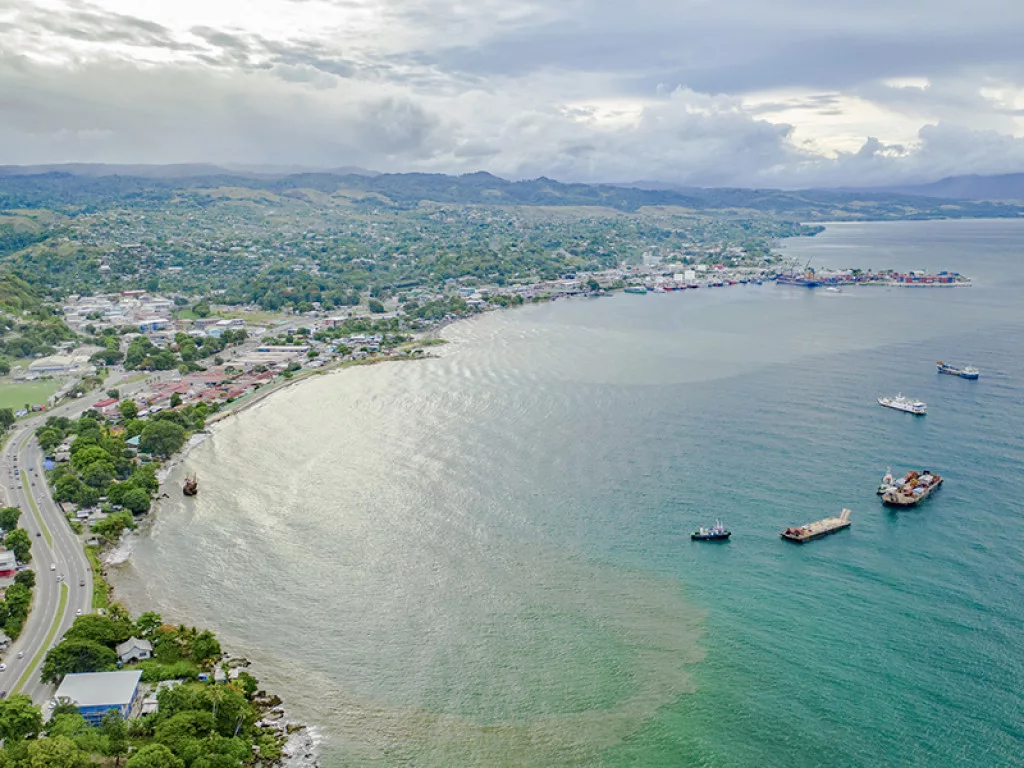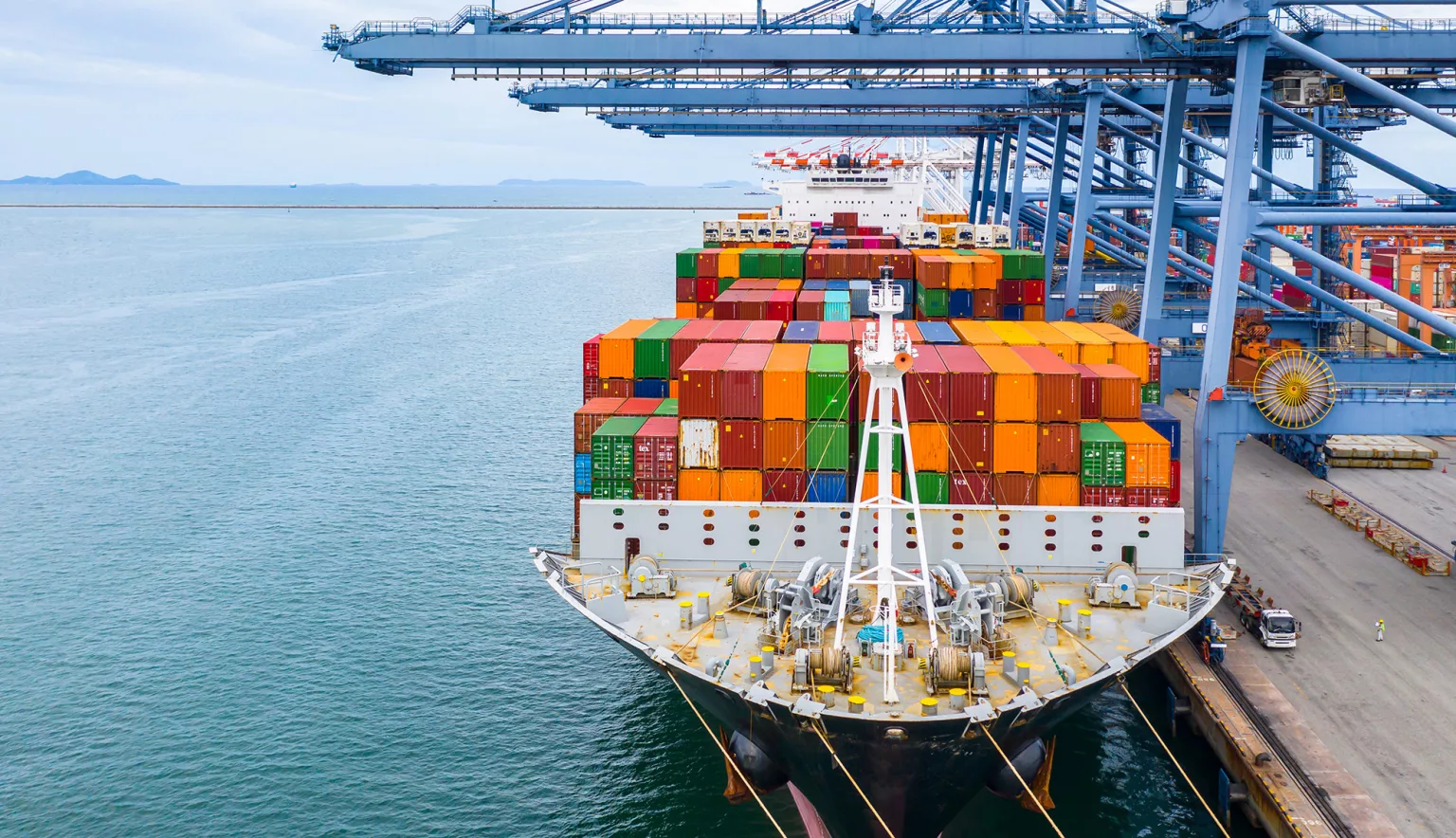With a proud maritime heritage, the Solomon Islands Port Authority (SIPA) are the government-owned organisation looking to a greener future for the South Pacific.
GATEWAY TO THE SOUTH PACIFIC
In a nation composed of an archipelago of over 900 islands that is heavily reliant on the import of overseas cargo, the need for a trusted provider of maritime trade is paramount.
Leading with the vision to become the South Pacific’s strategic gateway to the world, the Solomon Islands Port Authority (SIPA) has been in operation since 1956.
Specialising in maritime freight, transport and trade, SIPA was formed as a statutory corporation by an Act of Parliament and stands today as a wholly-owned Solomon Islands government authority.
As per the mandate of the state-owned enterprise (SOE) act of 2007, SIPA’s duty is clear.
The company endeavours to provide, maintain and improve in the declared ports such facilities as appears best calculated to serve the public interest whilst maintaining, improving and regulating the use of the declared ports to such extent as appears most expedient.
Finally, SIPA provides for the declared ports and surrounding approaches, indeed, for the territorial waters of the Solomon Islands as a whole, pilotage services and aids calculated on behalf of the country’s best interests.
The aforementioned ports include the country’s two key transhipment facilities; the Port of Noro and the Port of Honiara, the latter of which is situated within the Solomon Island’s capital and most populous city. Thanks to their strategic location, both ports are able to capitalise on major shipping routes between Australia, China, Japan, New Zealand, Southeast Asia and the US.
The SIPA enterprise today stands as a stalwart of the Solomon Island’s economy, with the growth and development of the ports themselves intrinsically linked to the promising development of the country.
Offering world-class logistics, shipping and port management, SIPA prides itself on efficiency, prioritising improved, speedy, and high-quality services. These include the provision of reefers, container fumigation, refuelling, freshwater, pilotage, towage, storage, weighbridge and incinerators.
SIPA’s investment in incinerators is reflective of the company’s standpoint as an environmentally conscious enterprise, preferring to burn fuel or plastic rather than risk spillage into the ocean from the port’s many vessels.
Alongside this, SIPA offer a full range of equipment, including forklifts, empty and loaded container handlers, and reach stackers.
Both port facilities can cater to a host of vessels, with the Honiara port representing the company’s primary asset. Honiara comprises seven jetties in the domestic wharf area, designed specifically for vessels travelling in and around the Solomon Sea.
‘2019 was a watershed year for implementing Green projects, Solomon Ports has more in store on its journey towards becoming carbon neutral by 2030’
SIPA
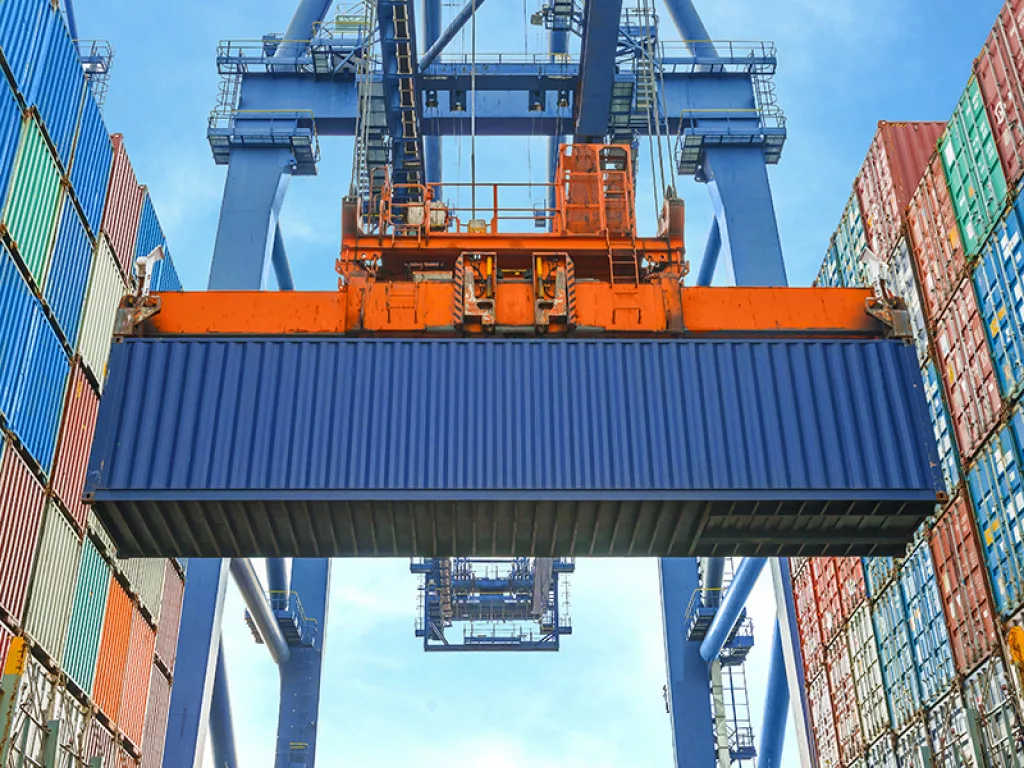
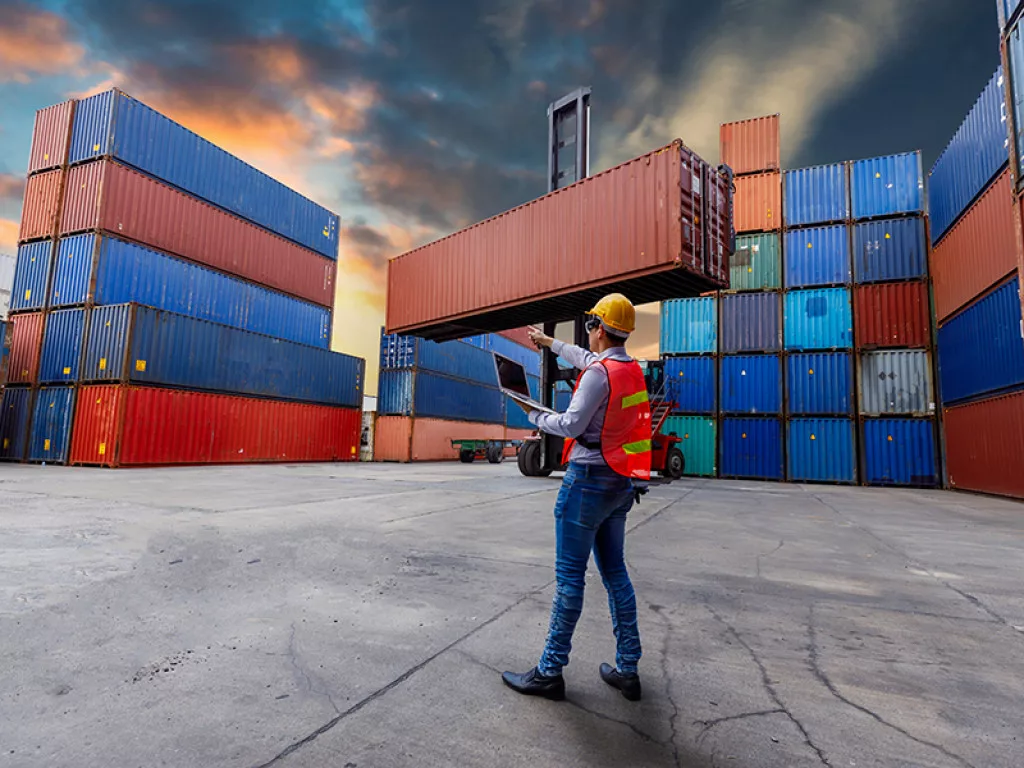
COMPANY CULTURE
As a socially conscious company, Solomon Islands Port Authority champion a positive working culture founded on a framework of core values that reflect the proud maritime heritage and progressive work ethic of Solomon Islanders.
A key tenet of this is SIPA’s respect and concern for their workforce, as the true backbone of the company’s operations.
In an environment where there can be a shortage of skilled staff, talent retention is key. As such, SIPA strongly believe in investing in people and giving back to the communities of the Solomon Islands. The company is passionate about preserving and protecting the customs and cultural traditions that are unique to the country.
Consequently, SIPA foster a family-oriented working environment based on healthy, long-term relationships amongst staff and clients. The company offers a long-term service benefit, preceding all other businesses on the Solomon Islands.
Complimentary to this, staff benefit from a vehicle payment scheme to overcome transport access issues, clinic privileges, free lunches, study leave or training and regular recreational events to nurture team spirit and encourage motivation. Advocating an absolute commitment to its people, SIPA is also unique in offering a funeral scheme, whereby the company will cover the costs in the event of tragic unforeseen circumstances, seeking always to respect the wellbeing of its employees.
With employee development a priority, upskilling is always encouraged and the company offers an internship programme for final year students across local institutions, through which SIPA seek to further boost its work rate whilst also equipping human resources.
‘SIPA’s vision is to develop and promote the Solomon Islands to become the premier hub for port and maritime activities in the South Pacific as well as safeguarding the strategic maritime interests of the country’
SIPAA GREENER FUTURE
Another major component of SIPA’s ongoing investment strategy is the company’s commitment towards a greener future. This is reflected by SIPA’s investments into renewable energy and how this can be incorporated into port operations.
The company boasts a Green Port Initiative and just earlier this year, a ‘3R’ campaign was launched at the Honiara port, centred on the concept of reduce, reuse and recycle.
Indeed, 2019 represented a major year for SIPA as they blazed the trail for green initiatives, many of which were the first of their kind for the island nation.
At the Port of Honiara, SIPA has installed the region’s largest LED outfit for international and domestic terminal operations and solar powered lights for the ISPS perimeter fence.
Meanwhile, the Port of Noro is on track to be powered by a one-megawatt solar farm that will provide enough electricity to power all its reefer containers. This is a $15 million project that will place Solomon Ports as the first in the South Pacific to use ‘LED lighting system’ in its facilities and operations.
Looking to the future, the Solomon Islands Port Authority will continue to be dedicated in these efforts, forging a future for the company as an environmentally conscious port operator of choice, charting a green course for the South Pacific.
